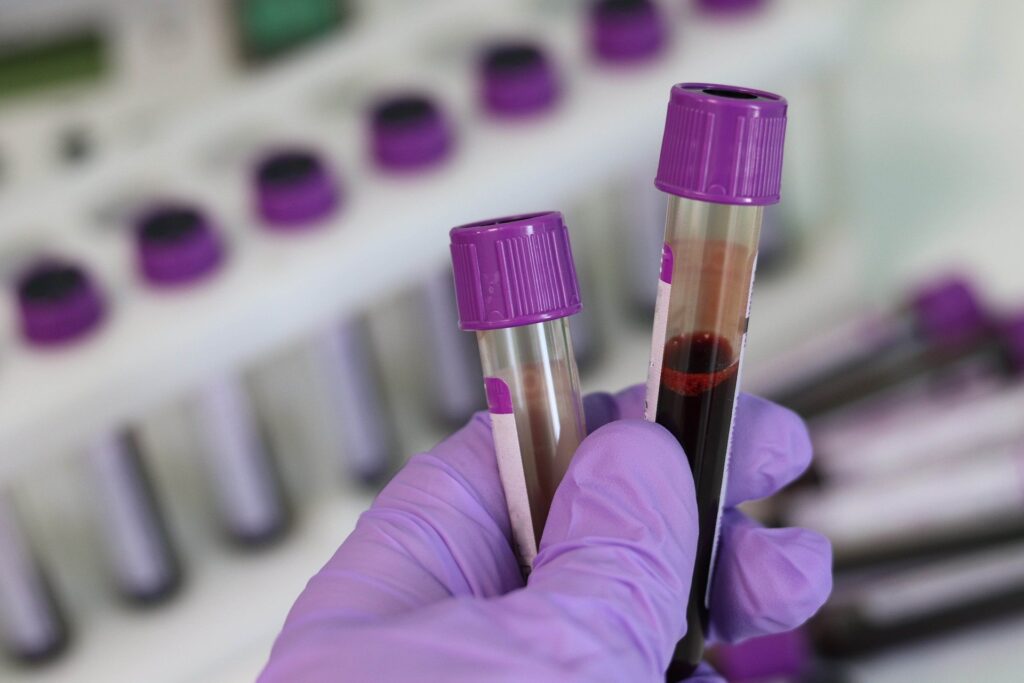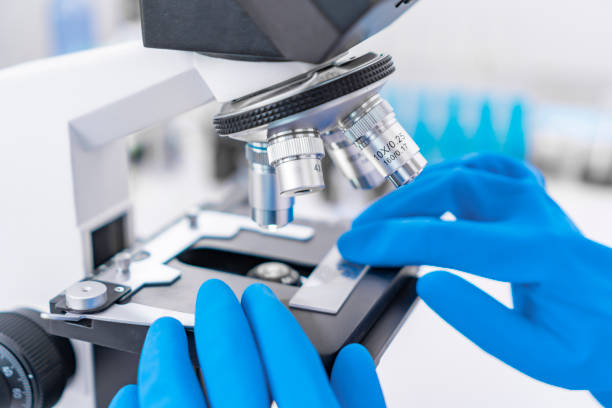
Diagnostics Services
Histopathology is the analysis of tissues of the body via a microscopy. It involves the processing of a sample taken from the body after a biopsy or a major surgery. Once received in the lab the specimen is prepared by the pathologist (this is called “grossing”), fixed in formalin and processed through a series of steps. Finally, slides are cut for pathology review.
Reports are prepared and distributed within 24-48 hours of receiving a sample at our lab.
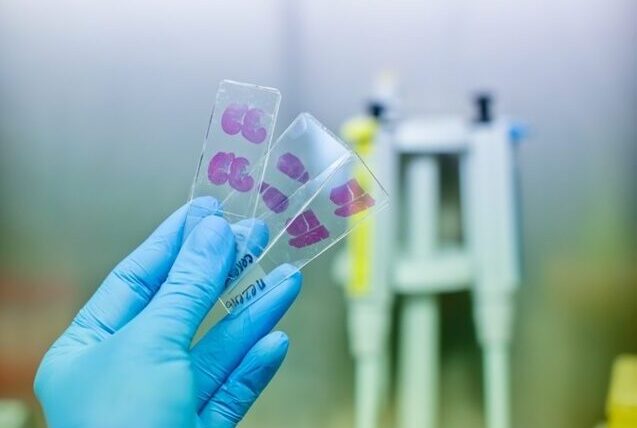
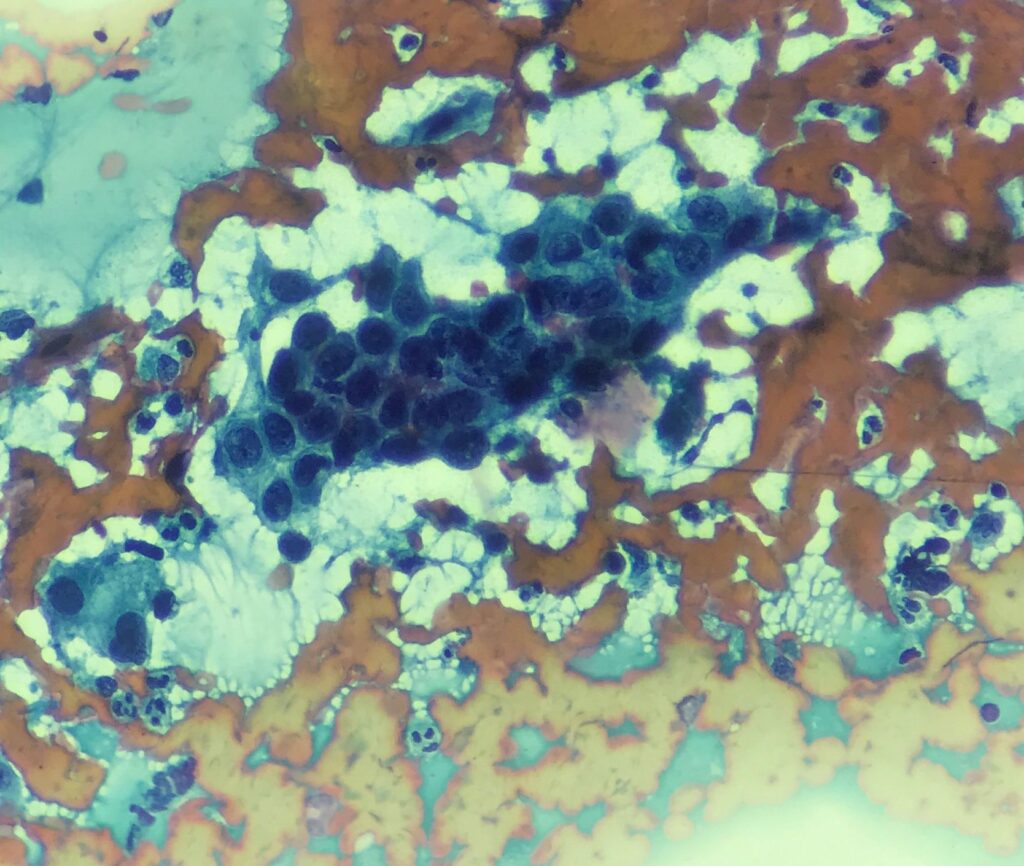
Cytopathology is the study of abnormalities in the body on a cellular level. Cytopathology is generally used on samples of free cells or tissue fragments, in comparison to histopathology, which studies whole tissues.
Immunohistochemistry also commonly referred to as IHC is additional testing that is sometimes required to confirm a diagnosis on a sample after obtaining the pathologist reviews of the initial histology. We have a wide range of immunohistochemical stains at GPS and through our partner labs provided at an additional cost. Discussions are always held between our pathologist and the managing medical team before proceeding with any ancillary test.
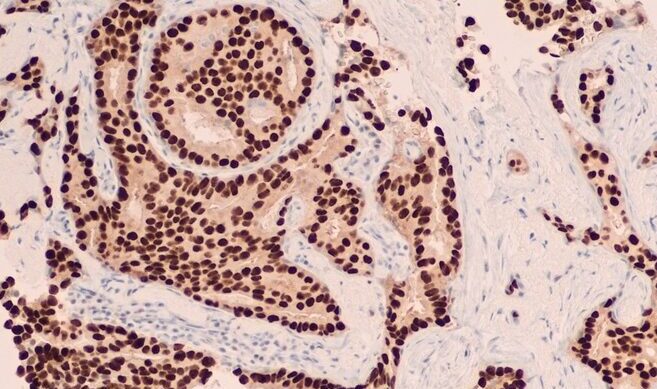
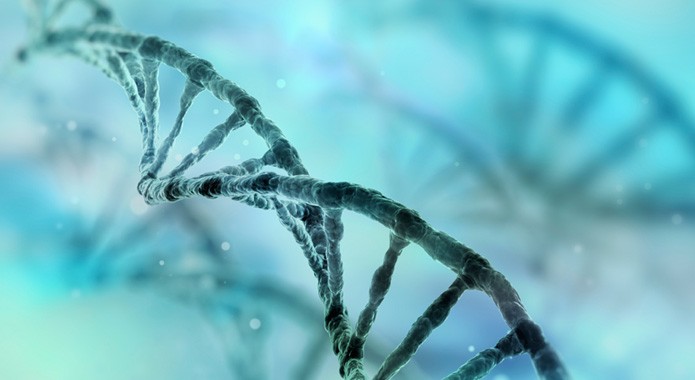
At GPS we provide a large range of Molecular Tests. Please search our Molecular Test Menu for further information.
There are two types of Pap Smears that are currently processed by GPS and our affiliate lab. Conventional pap smears and Thin Prep Liquid based pap smears. We provide all clients with the Thin Prep vials free of charge. Additional tests can be done using the sample obtained in the Thin Prep vial including HPV, an important co-test recommended by international gynecologic and pathology organizations. Additionally there is a range of sexually transmitted infection (STI) tests that can be done. Please view our “Women’s Health” section on our website for further details and price.
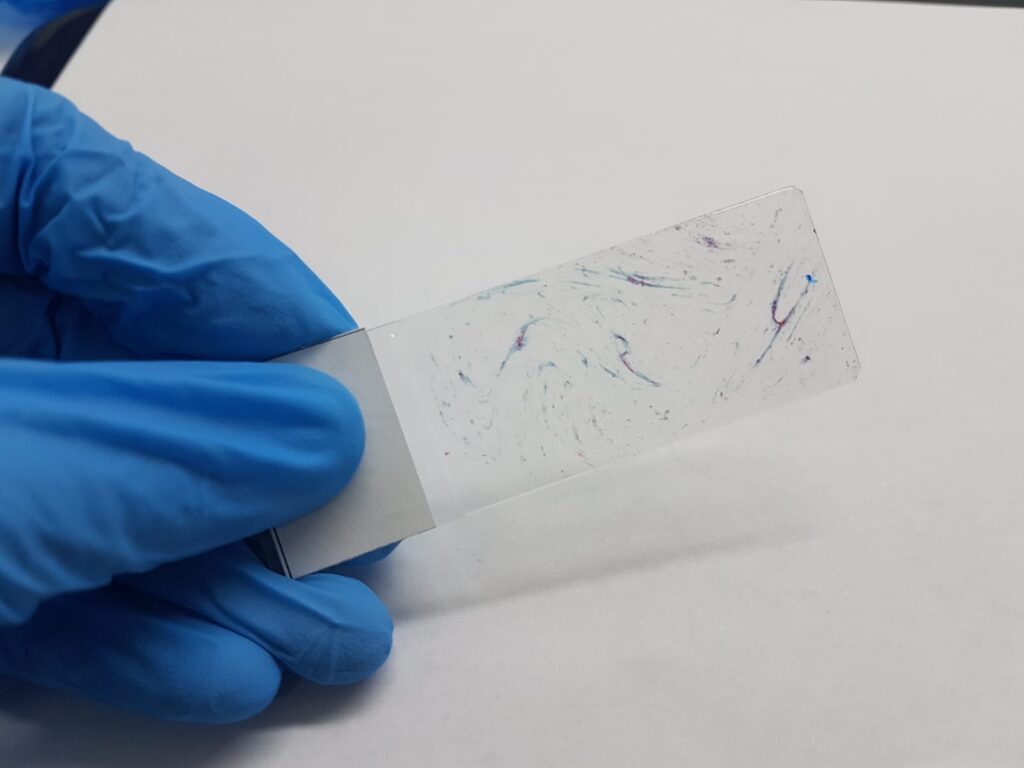
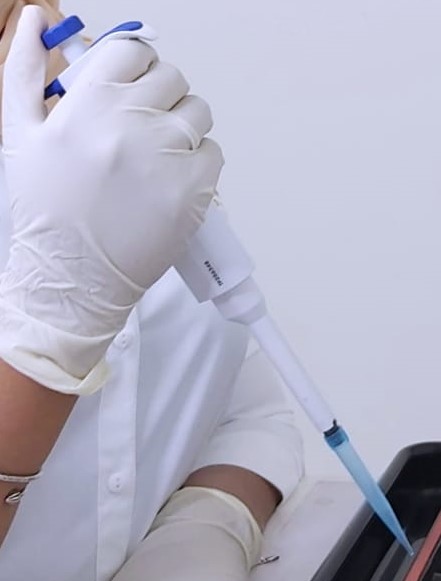
Oncotype Dx is a molecular based test that determines how likely a breast cancer will come back once it is removed. It analyzes the genes in the breast cancer and provides a score (a “Recurrence Score”), that will help the oncologist or treating doctor determine whether to add chemotherapy to the treatment regimen of the patient. The pathologists at GPS also perform the Magee equation on breast samples which provides a similar recurrence score in the event that the patient cannot afford the Oncotype Dx.
Flow Cytometry is a useful and nearly essential adjunct to any hematologic malignancy (i.e. lymphomas or leukemias). This process involves sending liquid or tissue through a machine that detects antennae-like structures on cells called “antigens” to see if they’re abnormal or not.
